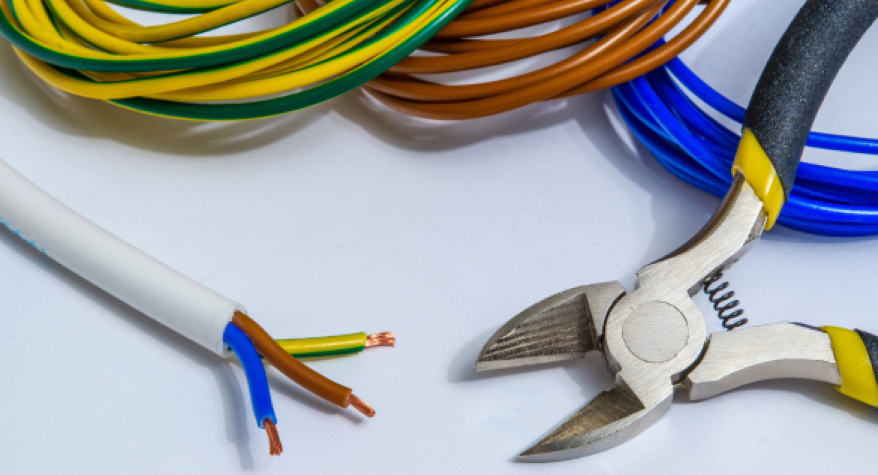The Importance of Bonding Pipe Work in UK Homes - A.S Electrical, Beverley
Understanding Bonding
In the context of electrical installations, "bonding" refers to the practice of connecting metalwork, such as pipes, to the earth (ground). This connection ensures that, in the event of a fault, the electrical current has a safe path to the earth, reducing the risk of electric shock. In the UK, bonding is a critical safety measure that complies with the regulations set out in the 18th Edition of the IET Wiring Regulations (BS 7671).
Why Bonding Pipe Work is Essential
Preventing Electric Shock
Fault Conditions - If an electrical fault occurs, such as a live wire coming into contact with metal pipework at your Beverley home, the pipes can become live and pose a severe risk of electric shock. Bonding ensures that this dangerous voltage is carried safely to the ground, reducing the potential for injury.
Ensuring Compliance with Regulations
Regulatory Compliance: The IET Wiring Regulations (BS 7671) mandate bonding as a safety measure in residential properties. Adhering to these regulations is not only a legal requirement but also a best practice to ensure the safety of the home's occupants.
Fire Safety
Arcing and Sparking: In the absence of proper bonding, electrical faults can result in arcing or sparking, which can ignite flammable materials and lead to fires. Bonding provides a controlled path for fault currents, significantly reducing the risk of fire.
Types of Bonding in UK Homes
Main Protective Bonding
- Purpose: This type of bonding connects the main incoming metal services (e.g., water, gas) at your Beverley home to the main earthing terminal of the electrical installation.
- Requirement: It is required for all conductive parts that can introduce a potential, such as metal water and gas pipes, to prevent them from becoming live in the event of a fault.
Supplementary Bonding
- Purpose: This is used in specific areas of a home where additional protection is necessary, such as bathrooms. It involves connecting metal pipes and electrical equipment to ensure they are at the same electrical potential. Supplementary bonding is particularly important in areas with high moisture levels, where the risk of electric shock is greater. This type of electrical bonding is only required when there is no RCD protection at the fusebox.
How Bonding is Implemented
Identifying Bonding Points
Inspection and Testing: Qualified electricians will inspect the property to identify all metal pipework and ensure that all required bonding points are properly identified.
Using the Correct Materials
Conductors and Clamps: Bonding conductors (usually green and yellow cables) are connected to the metal pipes using appropriate clamps. These clamps must meet the standards specified in BS7671 to ensure a secure and durable connection.
Regular Maintenance and Checks
Ongoing Safety: It’s crucial to periodically check bonding connections for corrosion or damage. Regular maintenance ensures that the system remains effective in protecting against electric shock and other hazards.
Conclusion
Bonding pipe work in Beverley homes is a vital safety measure that protects against electric shock, ensures regulatory compliance, and reduces the risk of fire. By connecting metal pipes to the earth, bonding provides a safe pathway for electrical faults, safeguarding the home's occupants and maintaining the integrity of the electrical installation. Regular inspections and adherence to standards are essential to keep the bonding system effective and reliable.
If you would like to speak to your local electrician about the earthing and bonding arrangements at your home, contact us today.





